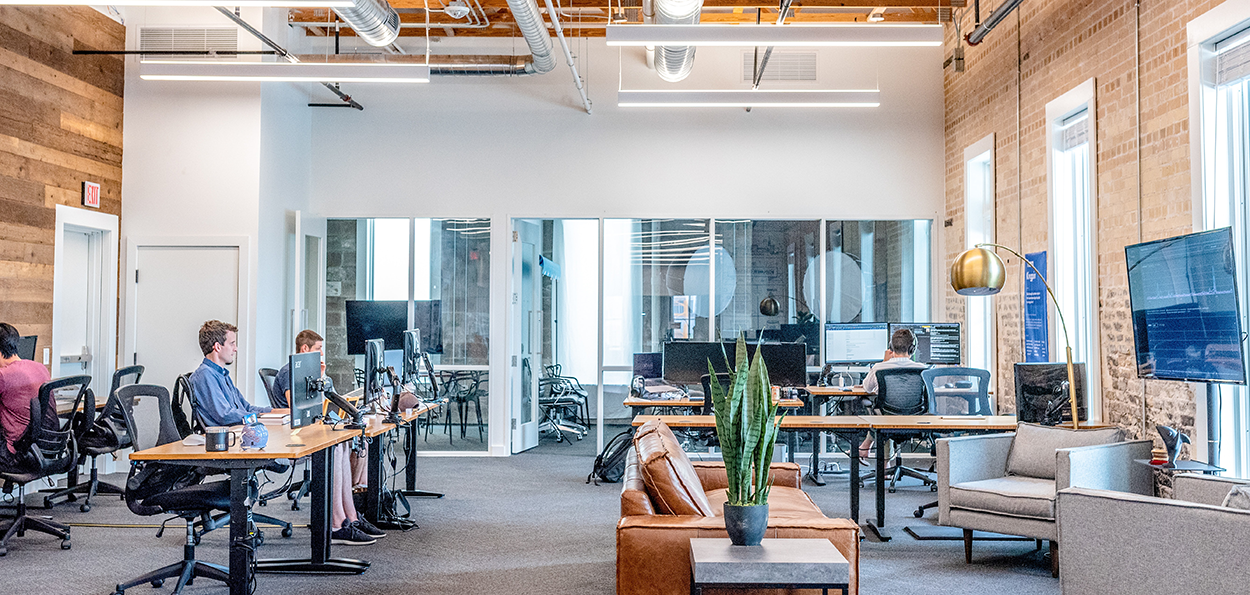
Field: Strukturomvandling
Self-assessed effects of business support during the first year of the pandemic
This report presents a survey in collaboration with the Confederation of Swedish Enterprise. The survey maps how the coronavirus pandemic has affected different industries and sizes of companies in 2020, what support they have received from the government and the effects of the support according to the companies' own assessment.
Summary
The loss of turnover in 2020 is a measure of how the pandemic has hit different firms and what needs they have had for government support. About half of the companies report reduced sales and the other half unchanged or increased sales depending on the industry. The hotel and restaurant industry, culture, entertainment and leisure and other personal services have been particularly hard hit by the social distancing. Also, the manufacturing sector has been forced to reduce production to some extent due to disruptions in the supply chains. The size of the company has played less of a role than the industry.
In addition to the general aid (temporarily reduced employer contributions and sick pay costs), about half of the companies have benefited from one or more of the targeted subsidies introduced during the pandemic, such as the aid to reduce working hours instead of laying off staff. The targeted subsidies have primarily been used by companies that have lost a large part of their turnover in 2020. In other words, the subsidies have been demand-driven. This is confirmed by companies that have not received any targeted support, where the most common answer is that they have not had any need. According to the companies' own assessment, the aid has primarily had a positive effect on earnings and reduced the need for redundancies. The aid has also reduced payment problems and the risk of bankruptcy and closure, especially for smaller companies.
Although the support has mainly been demand-driven, there are some differences between industries and sizes of companies that are not explained by the loss of turnover in 2020. Every third company that has not received any support states that there was no relevant support to apply for or that the application process was too complicated. Here, in-depth analysis would be needed to clarify exactly where the problems lie.
If some companies have not had any support to apply for, others have had more. The highest is the hotel and restaurant industry, where 2.3 different forms of support have been granted on average, usually short-term work, adjustment support and / or rental support. As the aid is paid by various authorities, this requires coordination and control to ensure that companies are not overcompensated for the loss of revenue during the pandemic, a risk that the Ministry of Justice warned about when the systems were set up. The survey does not provide an answer as to whether this is the case, but given that SEK 150 billion was paid out in support in 2020, the matter may be worth investigating.
A final question that the survey has raised is whether the balance between general and targeted aid is optimal. General support has the advantage that it does not require any individual assessment and can therefore be deployed quickly in the event of a crisis. This was especially important at the beginning of the pandemic when the economy was in free fall and uncertainty was high. At the same time, the cost will be high if the general support remains for too long since all companies receive support regardless of need. The survey shows that the needs have been very different indeed. For some industries, the aid has primarily improved results, while for others it has been a matter of survival.
Self-assessed effects of business support during the first year of the pandemic
Serial number: PM 2021:11
Reference number: 2021/5
Download the swedish report Pdf, 1.4 MB.

